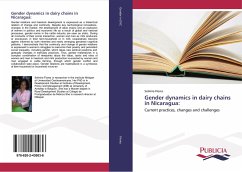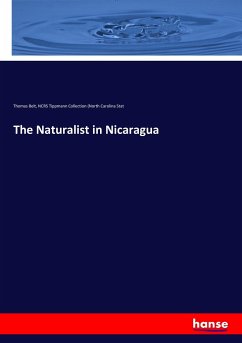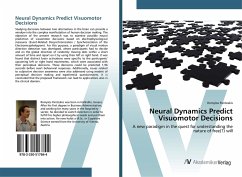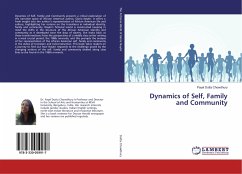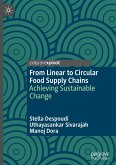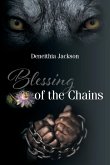Gender relations and livestock development is expressed as a dialectical relation of change and continuity. Despite key technological innovations, changes in the market, the development of value chains and an explosion of women in politics and economic life as a result of global and national processes, gender norms in the cattle industry are seen as static. During all moments of their social interaction, women and men as milk producers or processors in their farm-household or in milk cooperatives become agents informed by both inherited and newly emerging gendered cognitive patterns. I demonstrate that the continuity and change of gender relations is expressed in women's struggles to overcome their poverty and persistent social inequality, including gender, which takes new political positions and gradually changes in everyday practices. Thus, gender materializes in a complex combination of viewpoints about the ideas, tasks and roles of women and men in livestock and milk production re-enacted by women and men engaged in cattle farming, through which gender conflict and collaboration take place. Gender relations are materialized in a symbiosis of farm-household or household micro-en
Bitte wählen Sie Ihr Anliegen aus.
Rechnungen
Retourenschein anfordern
Bestellstatus
Storno

